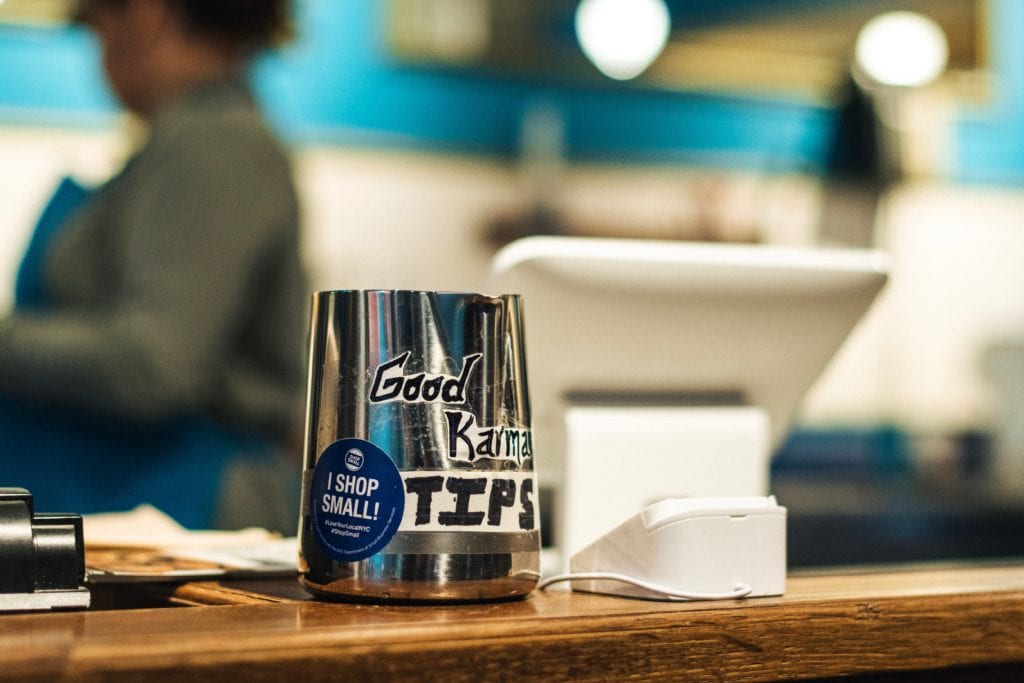How to Lower Processing Fees
May 24, 2023
How to Lower Processing Fees
When merchants are looking for reliable payment processing for their eCommerce or retail businesses, there are some programs available through payment processing providers to help to lower your processing fees. Two of these programs are the so-called Merchant Account Cash Discount Program and Credit Card Surcharge Fee programs. While negotiating a good rate is essential, the ability to defray and offset credit card cost with consumer participation is attractive to many merchants-to save BIG.
What is a Cash Discount?
A cash discount is when you post only credit card prices and provide a discount on that price for customers who pay with cash.
What is a Surcharge Fee?
A surcharge is when you post traditional “cash money” prices and charge an additional fee for customers who pay with a credit card account.
Cash Payment Discount vs. Credit Card Surcharge
In the situation of a cash discount, a client pays less than the listed price. In the case of applying surcharge fees, they pay more than the listed price.
If you charge more at the register than the listed price, it is a credit card surcharge fee, despite what processors may call it. Even if a merchant tells you that you are just adding a “service fee” or even a “non-cash adjustment” it is still a credit card surcharge fee.
While it may seem like a slight difference, it’s really very critical in terms of legality and compliance with Visa and MasterCard card brand rules. Getting it wrong means risking penalties or having your merchant account closed down.
Visa Rules for Cash Discounts and Credit Card Surcharge Fees
When asked about cash discounts, Visa advised people close to the payments community that a cash discount differs from a surcharge fee. The rule states the posted price must be for cards, nevertheless, merchants can provide a lower price for cash acceptance. Cash discounts are permitted by Visa. However, merchants are not permitted to post a price for cash, then charge a higher price for cards.
Visa clearly explains that a company that offers the cash discount is allowed, but that the posted cost must be for card acceptance. Businesses can provide a lower price from that posted (card) price as a cash discount.
Why do Visa’s Cash Discount / Surcharge Fee Rules Matter?
There are two reasons that the execution of a cash discount program matters: state law where surcharges are prohibited, and surcharge prohibition on debit cards.
States Where Credit Card Surcharging is Banned
To start with, while cash discounts in their true kind are permitted in all 50 states, a handful of states have legislation against credit card surcharge fee programs. Should you include surcharge fees in a state with a law against it, you are breaking the laws of that state. As of 2018, credit card surcharging is prohibited by law in Colorado, Connecticut, Florida, Kansas, Maine, Massachusetts, and Oklahoma.
Surcharge fee legislation has come under scrutiny in the last few decades, and many states have gone to court over the practice. State legislation where credit card surcharge fees are prohibited may change in the future, so be sure to consider this when looking into implementing cash discount programs. If you are adding a credit card surcharge fee into a debit transaction, even when you’re calling it a “non-cash adjustment” you’re risking your merchant account.
Repercussions of Credit Card Surcharging
The consequences of credit card surcharging fees or for implementing a cash discount program that’s disguised as a surcharge program, without complying with the surcharge fee rules could mean serious repercussions. Processors can get their merchant accounts shut down with the major card brands for non-compliance. Additionally, both Visa and Mastercard have forms on their sites that enable cardholders to readily report being charged a fee for card use.
For the sake of your merchant accounts and your wallet, be sure that you’re on the ideal side of legislation and the card brand regulations prior to credit card surcharging or signing up for a cash discount program.
Should You Implement a Cash Discount?
Implementing a genuine cash discount program seems like a no-brainer, but remember that to do so, you’ll need to list credit costs on the shelves. If you’ve already priced your goods and services to account for the cost of credit cards, implementing a cash discount program is simple. You won’t have to modify your shelf or menu pricing and may simply offer a discount on those costs to cash customers.
For many companies, there is no harm in offering a cash discount in case you have set prices to account for cards. It simply means that you are passing the credit card processing fee savings onto your customer. But be aware that some customers think that cash discounts or companies that favor cash may not correctly pay taxes, which may negatively impact the perception of your company.
By comparison, credit card surcharge fee programs add a commission at the time of checkout. Some surveys indicate the consumers react negatively to added fees, which means you may find more hesitation to implement a surcharge fees program than to a cash discount program. Additionally, surcharges cannot be added to debit cards, so be aware that you will still pay the costs related to processing debit cards.
That being said, credit card surcharge fees and cash discounts are not automatically bad ideas.
However, credit card surcharge programs disguised as cash discount programs may open you up to unwanted consequences. If you want to take advantage of a cash discount program to decrease your processing fees, be sure to partner with a processor that will help you properly execute it. Avoid processors peddling surcharge fees under the “cash discount” name.
Spotting a Credit Card Surcharge Program
The tricky issue is that many processors offering a “cash discount” programs are actually offering surcharge fee programs but labeling them as cash discount programs.
How can you tell if a processor is offering a genuine cash discount program, or whether it’s a credit card surcharge fee program in disguise?
If a processor states that customers paying with credit cards will be given a non-cash adjustment or service fee once they check out, it’s a credit card surcharge fee program.
Processors offering credit card surcharge fees can describe that your business will list “cash prices” on shelves and also will add a fee for clients that don’t pay with cash. If you’re not posting charge card costs and offering a cash discount, it is a surcharge program.
Taking a look at the very first sentence with the phrase “customer service” removed shows more clearly that it’s a surcharge program. The sentence would read, “This program enables merchants to charge a fee to their clients who pay with any form of payment aside from cash…”
Charging a fee for paying with a card is, by definition, a credit card surcharge fee. Claiming that it is a “customer service” fee doesn’t change that.
In Summary
Consulting with a payment company like Paykings, Visa/MasterCard, and (potentially) outside payments counsel with the requisite background is essential. To properly implement a compliant Cash-Discount program and/or Surcharging, it is essential to do it right –first time—to save fees and to avoid negative consequences. Done correctly, and where allowed by law, a huge boost to merchant revenue will result.
May 24, 2023 | Merchants | Guest Post



